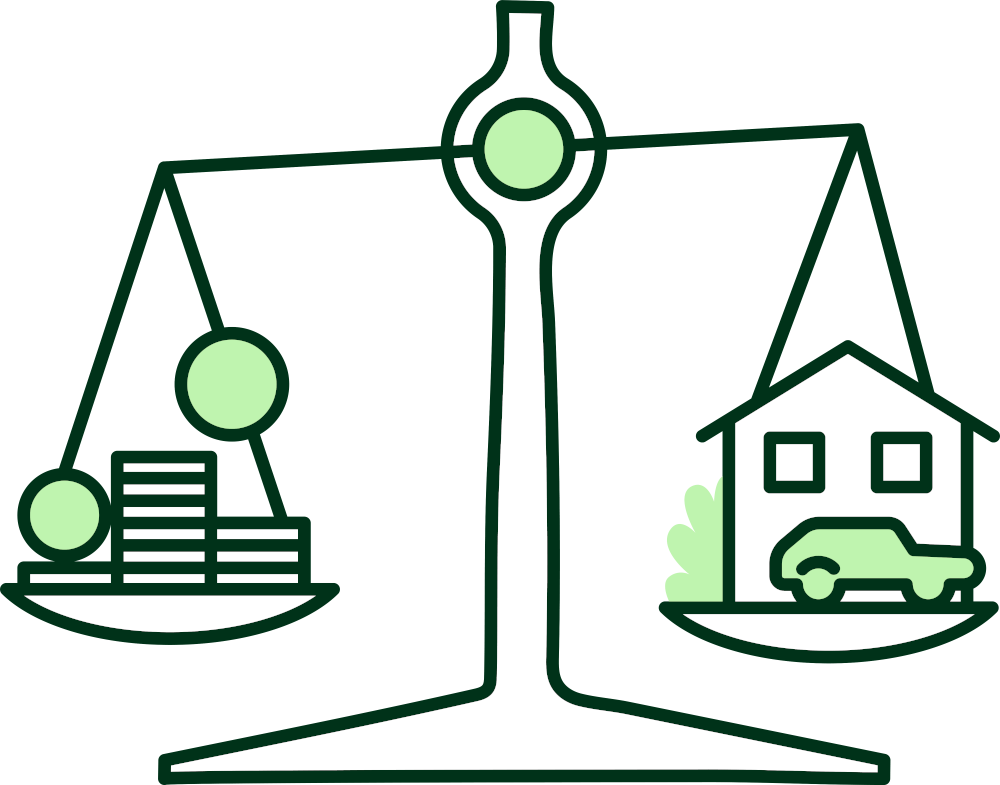What does setting aside a County Court Judgment mean?
In some circumstances, you can ask the court to cancel a county court judgment (CCJ) against you. This is called getting the judgment set aside. You are likely to need the help of solicitor which can cost money.
When can I apply for a set aside?
There are rules about when you can apply to set aside a CCJ. For example:
- An order was made against you in your absence, in certain circumstances.
- If there is an error in the judgment.
- You want to put in a defence and did not have the opportunity to do this.
- The proceedings did not follow the court rules.
How will the court respond?
There are some situations when the court must set aside a CCJ. For example:
- You have paid the whole amount owed (including any interest and costs) before the date the creditor entered judgment.
- You sent in the reply form within the time limit asking for more time to pay.
There are other circumstances when the court may set aside a CCJ. For example:
- The court thinks you have a real chance of a successful defence.
- You missed a hearing for good reason.
If you did not get the court papers through the post, the court will not always agree this is a good reason to set aside the judgment. The court is allowed to send the papers to your usual or last-known address.
How do I apply for a set aside?
You need to ask the court for an application form called an N244. You can get these forms via the gov.uk website.
Send two copies of the form by recorded delivery back to the court. One is for the claimant (the person who has the judgment against you) and one for the court. Remember to keep a copy for yourself.
The court will take into account how quickly you made the application.
There is a fee for applying to set aside. If you have a low income or receive certain benefits you may not have to pay the fee.
What happens next?
The court may send you a date to go to a court hearing to discuss the reasons for your application with a District Judge.
In some circumstances the court can decide to allow your application without a hearing. If this happens, the court will tell you that the judgment has been set aside.
If the judgment is set aside, this means that the proceedings go back to the claim stage. Any enforcement action is also cancelled.


